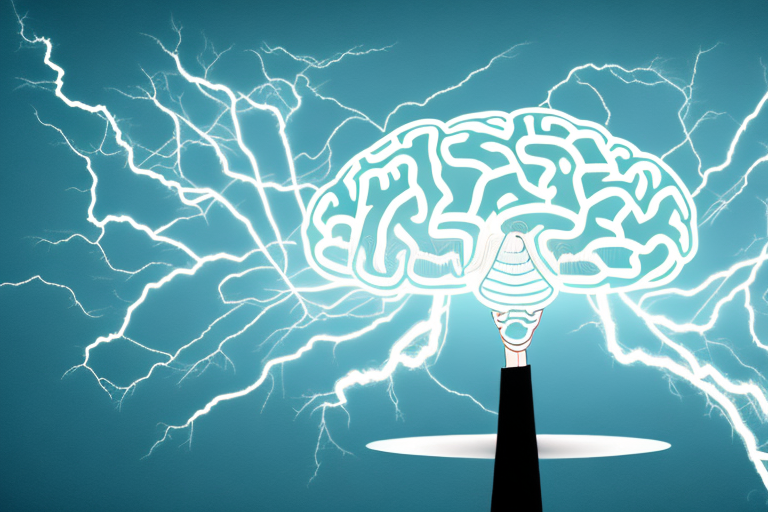ADHD is common nowadays. In fact, it is the most common children neurodevelopment disorder. You may think that with so many ADHD diagnoses, the public understanding of ADHD would be clear. However, in reality, there are many misconceptions about ADHD. This read will help you understand the truth behind some ADHD misconceptions,
ADHD Affect Only Boys:
It is true that boys have been diagnosed with ADHD at a higher rate than girls. However it does not mean that it affects only males. The truth is the type of symptoms that each gender exhibits makes the diffeerence. Attention-Deficit/Hyperactivity Disorder (ADHD) causes hyperactivity in boys, while in girls, the symptom is inattentive. When compared with inattentiveness, hyperactivity is more noticeable and potentially disruptive. This led to more boys being evaluated for ADHD. On the other hand, inattentiveness is less disruptive. Hence, girls are not diagnosed as frequently as boys.
ADHD is just an Excuse for Laziness:
Many people feel that ADHD is just an excuse for laziness and lack of discipline. However, the truth is ADHD is a neurobiological disorder characterized by impulse control and impairments in attention and executive functioning. Individuals with ADHD often face challenges in sustaining attention, managing time, and organizing tasks. This makes it more difficult for them to complete the task effectively than others. Hence, it is essential to recognize ADHD as a legitimate medical condition rather than a character flaw.
If you are not hyperactive, then you don’t have ADHD:
Generally, there are three types of Attention-Deficit/Hyperactivity Disorder (ADHD) based on the symptoms. Hence, not everyone with ADHD exhibits hyperactive behavior. Three types of ADHD are
- Predominately hyperactive-impulsive presentation
- Predominately inattentive presentation
- Combined presentation
Hyperactive-impulsive symptoms include:
- Constant restlessness, movement, or fidgeting
- Excessive talking
- Frequently interrupting others
- Quickly becoming angry, impatient, or frustrated
Some inattentive symptoms include:
- Fail to pay close attention to details
- Difficulty in following instructions, staying focused, or keeping track of important dates or tasks
- Easily distracted
- Lacks organization or persistence
- Frequently loses things
Poor parenting Causes ADHD:
The truth is there is no strong evidence to support the fact that poor parenting causes ADHD. While experts have not yet fully understood the cause of ADHD, genetics plays a significant role. In addition to genetics and genes, there are some potential causes for the development of ADHD.
- Brain function and anatomy
- Significant injuries to the head
- Premature birth
- In some cases, toxins in the environment, like lead
Wrapping it up:
Hope this read has provided you with enough knowledge about the truth behind Attention-Deficit/Hyperactivity Disorder (ADHD) misconceptions. This will help you dispel misconceptions about ADHD and promote awareness. It helps people with ADHD to lead a successful life.





